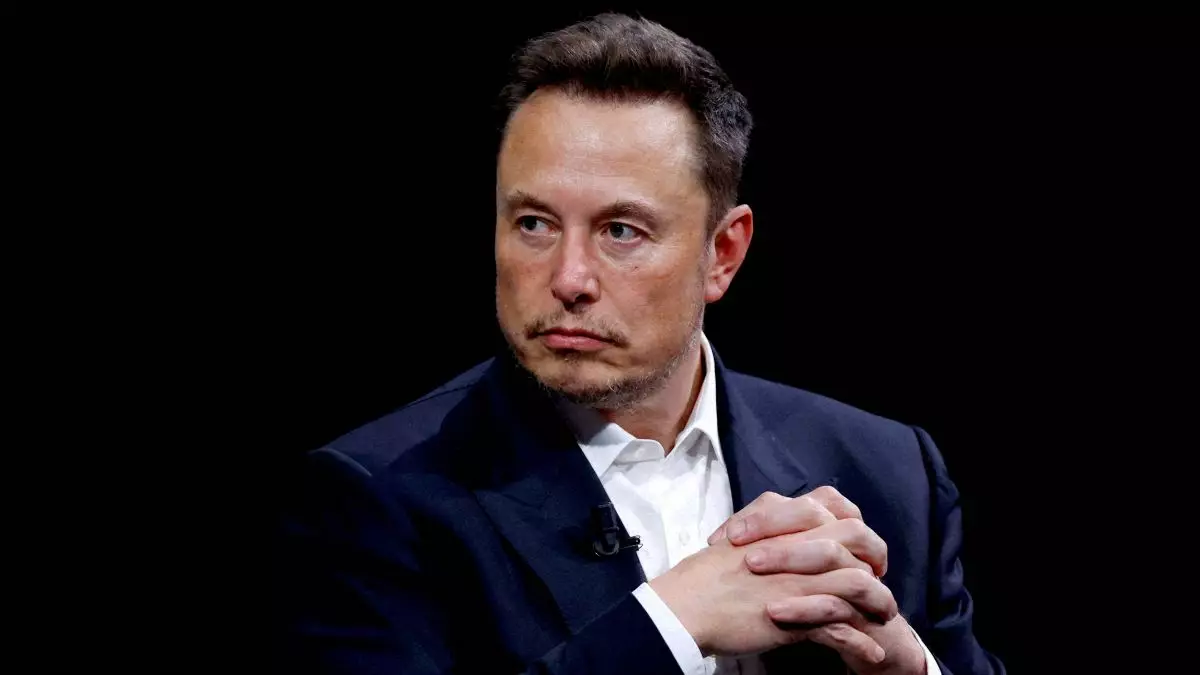Elon Musk, the CEO of Tesla and SpaceX, has faced intense scrutiny from the U.S. Securities and Exchange Commission (SEC) regarding his business dealings, especially in connection with his $44 billion acquisition of Twitter. Musk’s history with the SEC is checkered, filled with legal disputes and regulatory challenges. This particular investigation centers around alleged violations of securities laws tied to his stock purchases of Twitter, raising questions about compliance, transparency, and accountability for one of the world’s wealthiest individuals.
The SEC has mandated compliance with rules designed to ensure fair markets and protect investors. Musk’s claims that he misunderstood these requirements do not necessarily absolve him of the responsibility to adhere to them. The ongoing investigation not only impacts Musk’s reputation but also has broader implications for how regulatory bodies interact with high-profile figures in the finance and technology sectors.
A Significant Absence
Musk’s recent failure to appear for a court-ordered testimony on September 10 has escalated tensions between him and the SEC. The SEC seeks sanctions against Musk, asserting that he ignored a legal obligation by notifying them merely three hours prior to the scheduled appearance. Instead of participating in the testimony, Musk opted to oversee SpaceX’s Polaris Dawn mission launch—a decision the SEC argues reflects a lack of seriousness about his legal commitments.
Critics of Musk argue that such actions signify a pattern of disregard for regulatory norms. The SEC’s filing in San Francisco federal court has made it clear that they interpret Musk’s last-minute cancellation as an act of “gamesmanship,” aimed at delaying proceedings and undermining the regulatory process. This development raises critical points about the accountability of influential figures, especially when their business priorities seem to take precedence over compliance with the law.
The Legal Consequences and Musk’s Defense
The repercussions of Musk’s actions could be severe, with the SEC aiming to hold him in civil contempt for violating a court order. In response, Musk’s attorney, Alex Spiro, criticized the SEC’s move as excessive, asserting that Musk’s work with SpaceX was a legitimate reason for his absence. Spiro framed this as an “emergency” situation, arguing that the potential hazards posed by Musk’s absence during the launch could have jeopardized the safety of astronauts involved. This defense underscores a significant aspect of the case—balancing professional obligations against legal ones.
The arguments presented by both sides illuminate the complexities of regulatory compliance in an era where technology and business leaders often operate at the intersection of rapid innovation and stringent legal standards. Musk’s assertion of an emergency situation invites reflection on whether such circumstances should be taken into consideration when evaluating compliance with regulatory requirements.
Musk’s ongoing saga with the SEC serves as a cautionary tale for business leaders everywhere. As corporate visibility and scrutiny increase, leaders must navigate a complicated landscape of regulatory obligations while simultaneously pursuing their business ambitions. The SEC’s investigation into Musk also shines a spotlight on the need for transparency and timely disclosures when it comes to stock ownership, particularly for high-profile figures who wield significant influence over public markets.
This situation has more profound implications for investor trust. Delayed disclosures can distort market perceptions and affect shareholder confidence. Musk, having previously settled with the SEC for $20 million over misleading statements regarding Tesla, faces the possibility that his legal missteps may continue to haunt him. Observers must consider what this dynamic implies about the necessity for explicit communication in the finance sector, where the stakes are increasingly high.
As the date for the rescheduled testimony on October 3 approaches, the outcome remains highly uncertain. Both the SEC and Musk seem poised for a legal battle that will further illuminate the complexities of regulatory enforcement. The intersection of corporate power and regulatory oversight will be crucial in determining the future landscape of business practices.
Musk’s confrontation with the SEC embodies larger tensions in the relationship between innovative entrepreneurship and regulatory frameworks. As he navigates this situation, the world will undoubtedly watch closely, awaiting the ramifications of his next moves for both his businesses and the broader context of corporate governance.


Leave a Reply